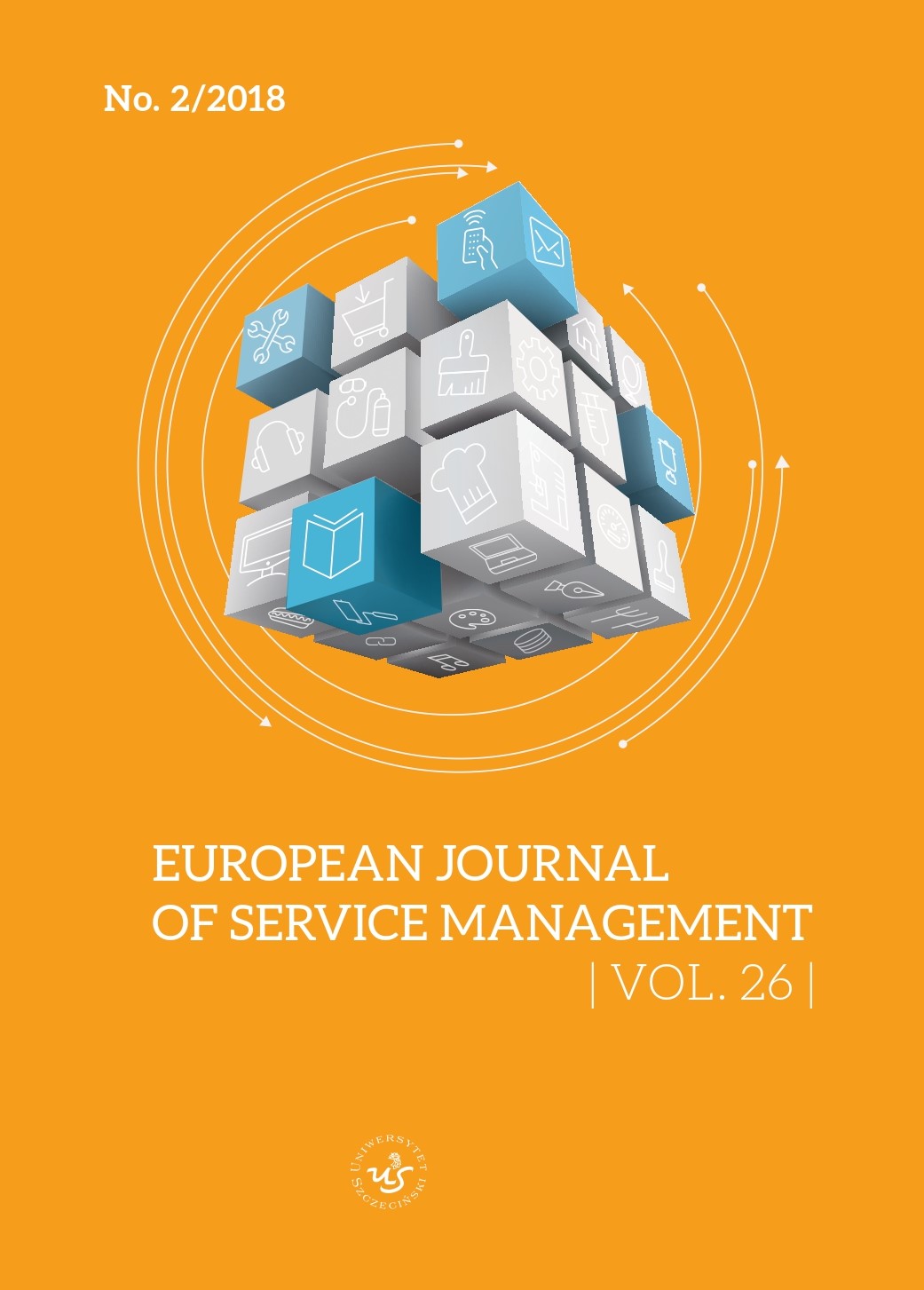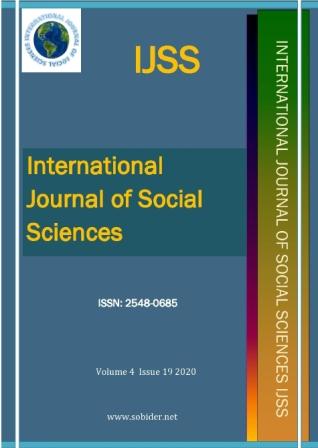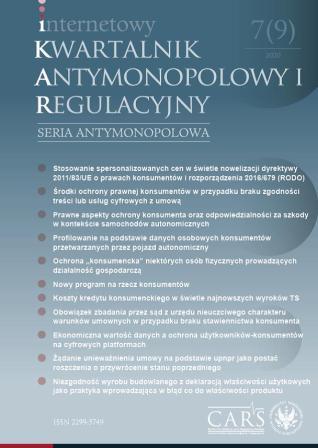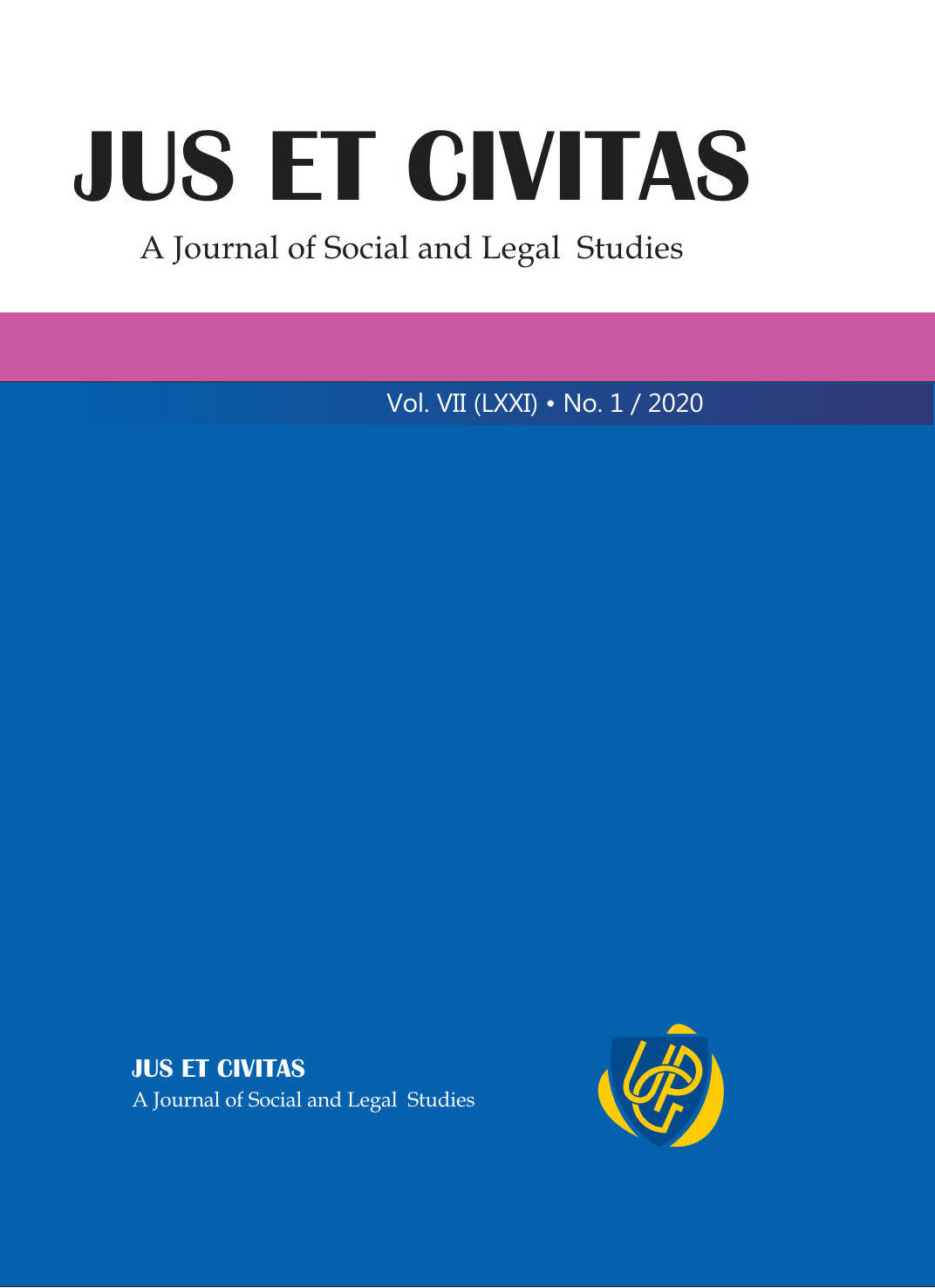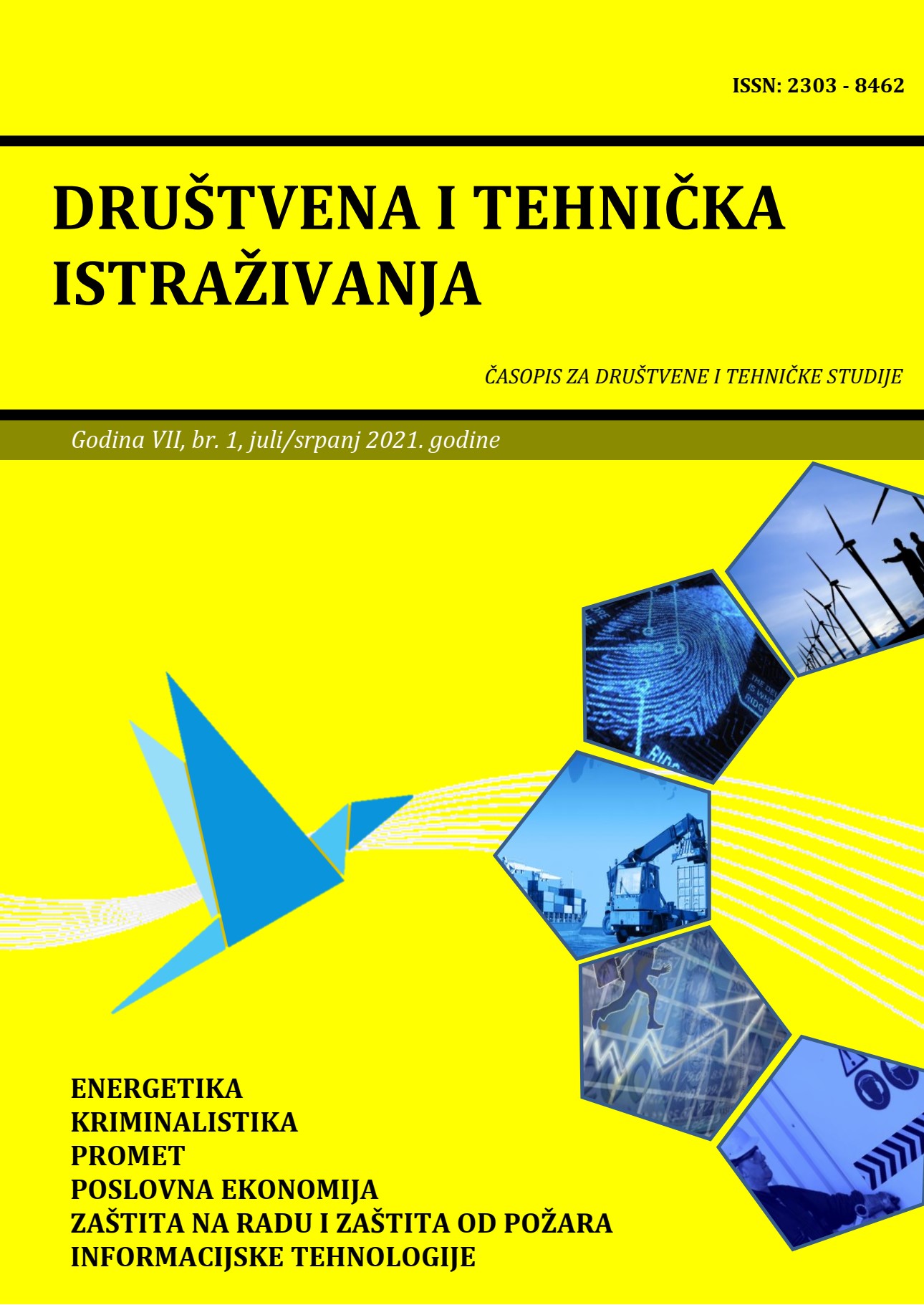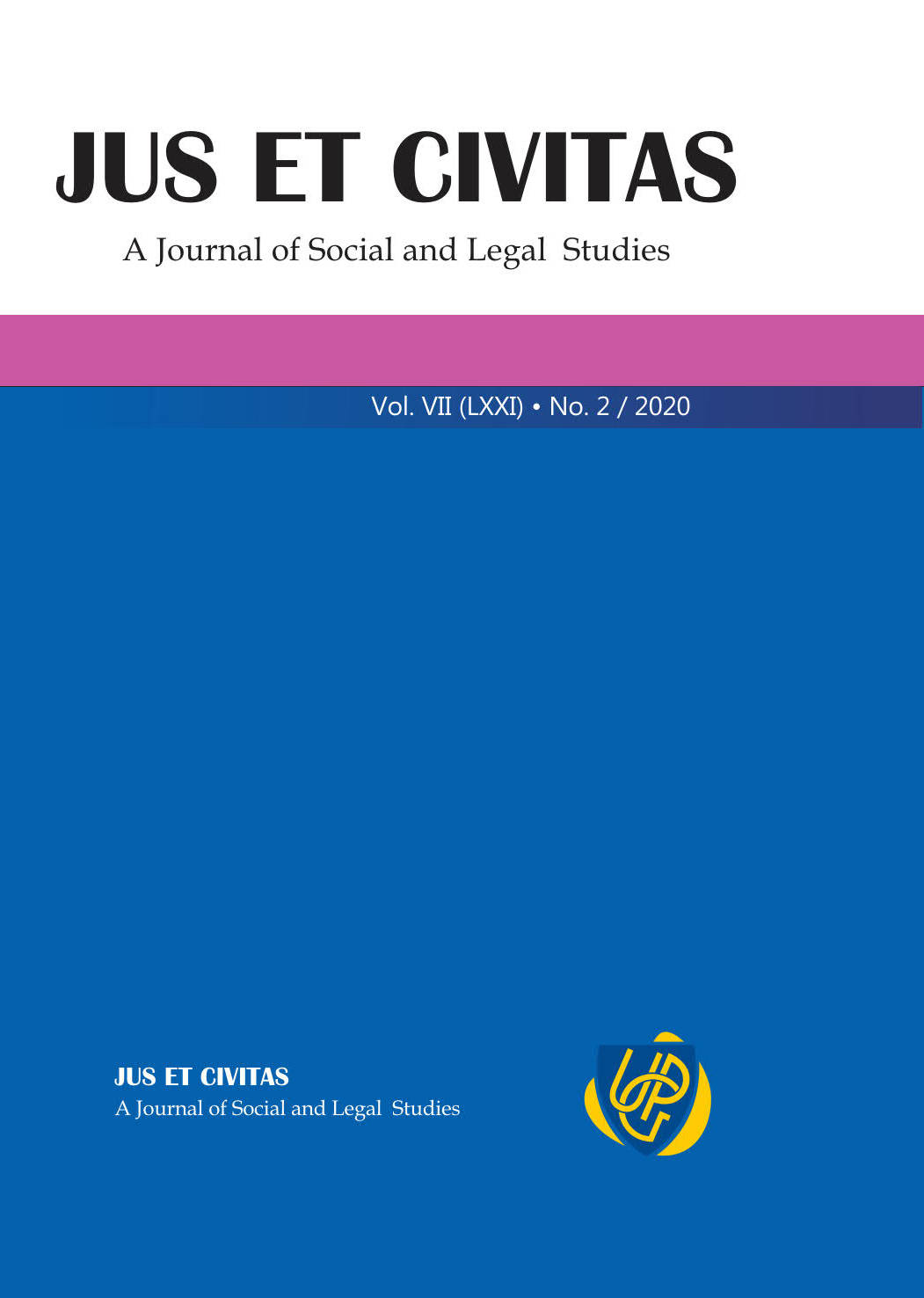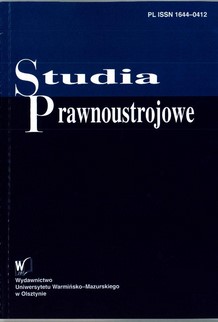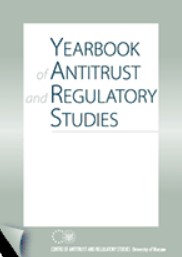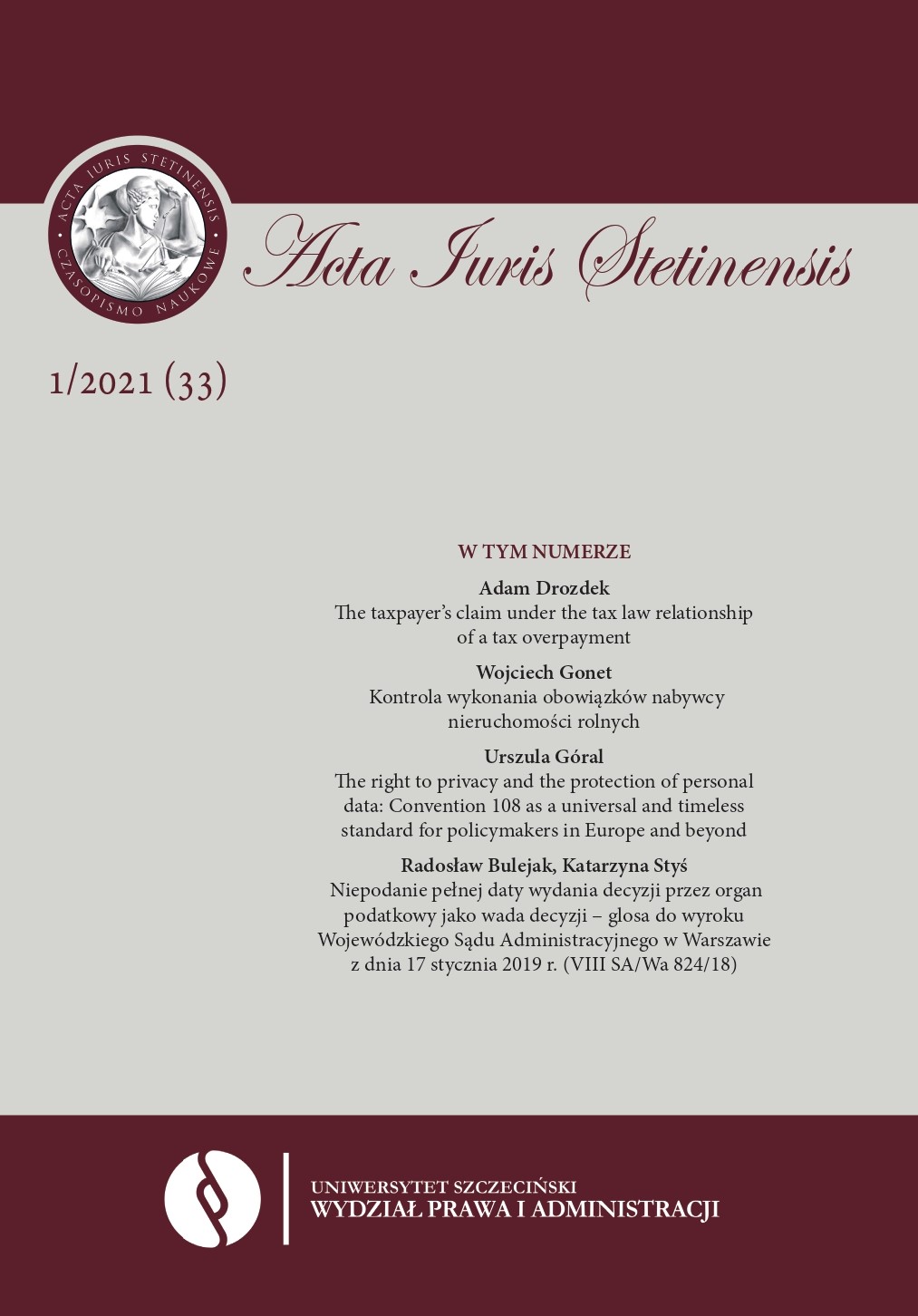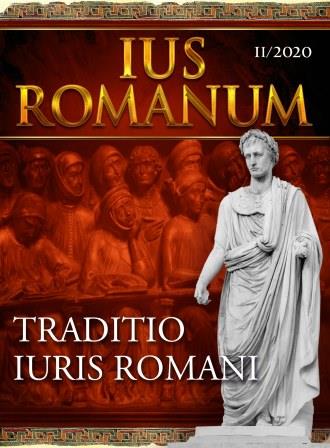
ВРЪЩАНЕТО КЪМ ПРИНЦИПИТЕ НА РИМСКОТО ПРАВО ПРЕДИ ЗАКОНОДАТЕЛНАТА ИНВОЛЮЦИЯ
In the light of the general principles of law, understood as a legal system of Roman origin (ars boni et aequi), and despite the deviations from the Italian legal system and hence this sort of involution, the judges can use an ancient instrument which still today fulfils the function of defence of the conceptus, the woman, the weaker parts of society and of society itself. Roman Law defended human life right from its conception. When referring to the unborn child the jurists made use of quite a concrete and simple terminology, for example qui in utero est, partus, venter and not the mere conceptual abstractions which are commonly used today by the doctrine or the legislators (subjective right, subject of right, juridical capacity), which are quite complex concepts that inevitably distance us from the “human things” and which are difficult to understand even in Italian. The Roman praetor created the figure of the curator ventris to protect the child in womb, the woman end the res publica.
More...
